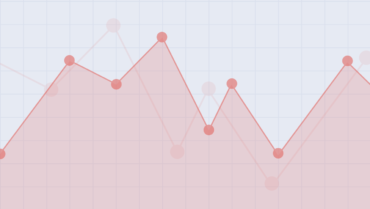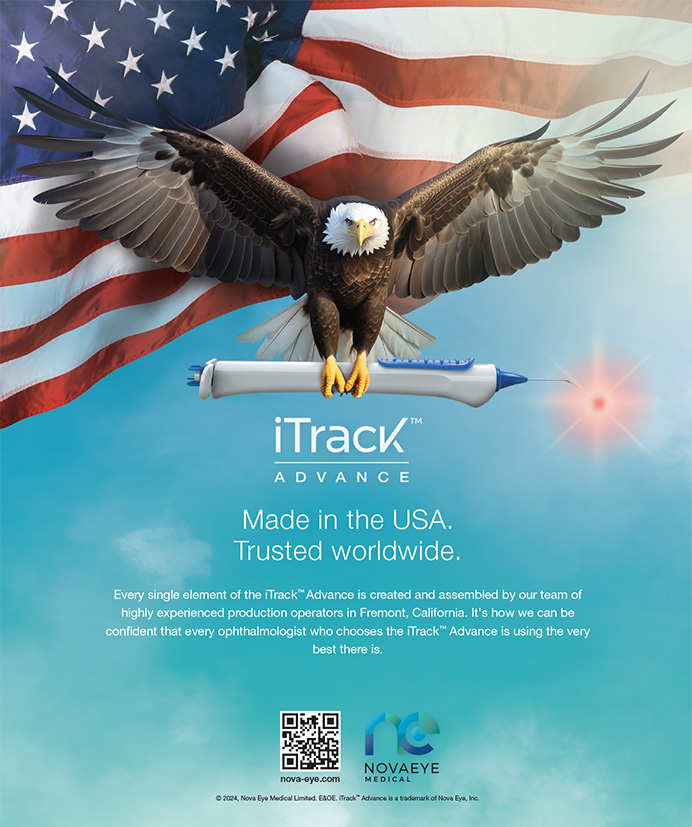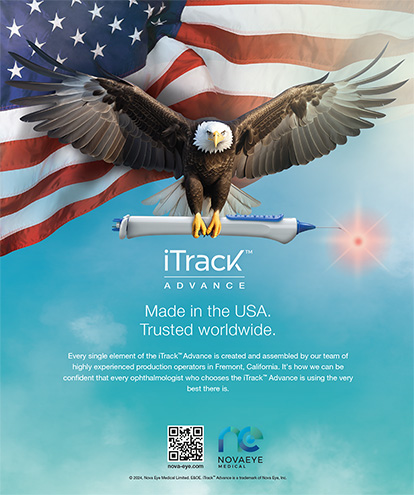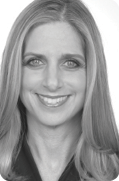
Sandy T. Feldman, MD, MS
I like a variety of health-related software and apps. F.lux (www.justgetflux.com) is free software that warms up computer displays at night to match indoor lighting, which helps to adjust the white light that disrupts sleep. I recommend this software to individuals who spend a lot of time looking at computer monitors and devices. There are similar Android apps (available on Google Play) such as Bluelight Filter for Eye Care, Lux Lite, and Twilight, all of which reduce the blue light from light-emitting diode screens.
The Apple app UV-Ultraviolet detects ultraviolet light. The goal of this app is to encourage users to protect their skin and eyes from the sun. I especially like that this app gets teenagers to think about the harmful effect of the sun on their eyes.
I like to use the Apple app Eye Chart Pro when an eye chart is not available. For me, this app has come in handy in hospital rooms and on the soccer field.
The Colorblind Eye Exam app screens patients for color blindness. Similar apps like Colorblind Assistant and Colorblind Helper help users detect color by adjusting brightness and contrast. Each of these is available at the app store on iTunes (Apple).
Be My Eyes (www.bemyeyes.org) is an iPhone (Apple) app that lets blind people contact a network of sighted volunteers for help with live video chat. Also for the iPhone, the KNFB reader (www.knfbreader.com) is a mobile print-to-speech reading solution for sight-impaired individuals.
There are so many great apps and more to come in the health care field that will allow people to take control of their own health. Apps will enable people to detect disease and overcome limitations, and in the future, they will likely assist with treatments. Nothing is more gratifying than helping someone to see, and even how we ophthalmologists do that in the future will change. I look forward to the many advances to come!
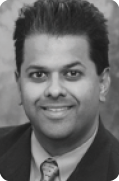
Jai G. Parekh, MD, MBA
Most surgeons, physicians, and medical students own an iPhone or Android smartphone (Android) and depend on these devices for various forms of communication and for using apps. Apps are a part of my daily life. I go through withdrawal when I cannot use and explore them. In general, my favorite news apps are The New York Times and The Wall Street Journal, which are both available for Apple and Android devices. I check Eyetube (BMC) a few times a week to keep up with neat surgical pearls.
With my almonds and cup of espresso in the morning, I peruse one of my favorite health apps. Medscape MedPulse (www.medscape.com/public/medpulseapp) gives me pointed medical news that pertains to my interests, including physicians who are trending on Twitter. With this app, I stay on the cutting edge of health care (which is hard to do as a busy ophthalmologist), and it also helps me shape my health care business acumen.
For my ethnically diverse ophthalmology practice in central and northern New Jersey, I use MediBabble (www.medibabble.com) to “bail me out” when a staff member who speaks a patient's language is unavailable. I have used this app for help with Spanish, Mandarin, and Russian. My patient smiles because he or she feels understood, and I let out a sigh of relief that I was able to communicate.

John Potter, OD, MA
From time to time, I like to check out iMedicalApps (www.imedicalapps.com). Physicians review medical apps, health apps, wearable devices, and technology. I am most interested in how patients use these apps. We have all had discussions with patients about the trap of relying on the Internet for medical advice. No matter how many warnings and disclaimers are associated with an app, countless patients ignore them and use information they obtain from specific apps and the Internet. There is the classic joke, “I got my diagnosis from Google, but I am here for a second opinion.” There are very few studies on how patients use information from the Internet in conjunction with medical advice. If we had more information about how patients use digital resources, physicians would be better positioned to prime patients with information. n
Sandy T. Feldman, MD, MS
• medical director, Clearview Eye & Laser Medical Center, San
Diego, California
• sfeldman@clearvieweyes.com
• Financial disclosure: None acknowledged
Jai G. Parekh, MD, MBA
• managing partner, Brar-Parekh Eye Associates, Woodland Park,
New Jersey
• clinical associate professor of ophthalmology, New York Eye &
Ear Infirmary of Mt. Sinai/Icahn School of Medicine at Mt. Sinai,
in New York City
• kerajai@gmail.com
• Financial disclosure: None acknowledged
John Potter, OD, MA
• vice president of patient services, TLC Vision, Chesterfield,
Missouri
• john.potter@tlcvision.com
• Financial disclosure: None acknowledged


